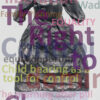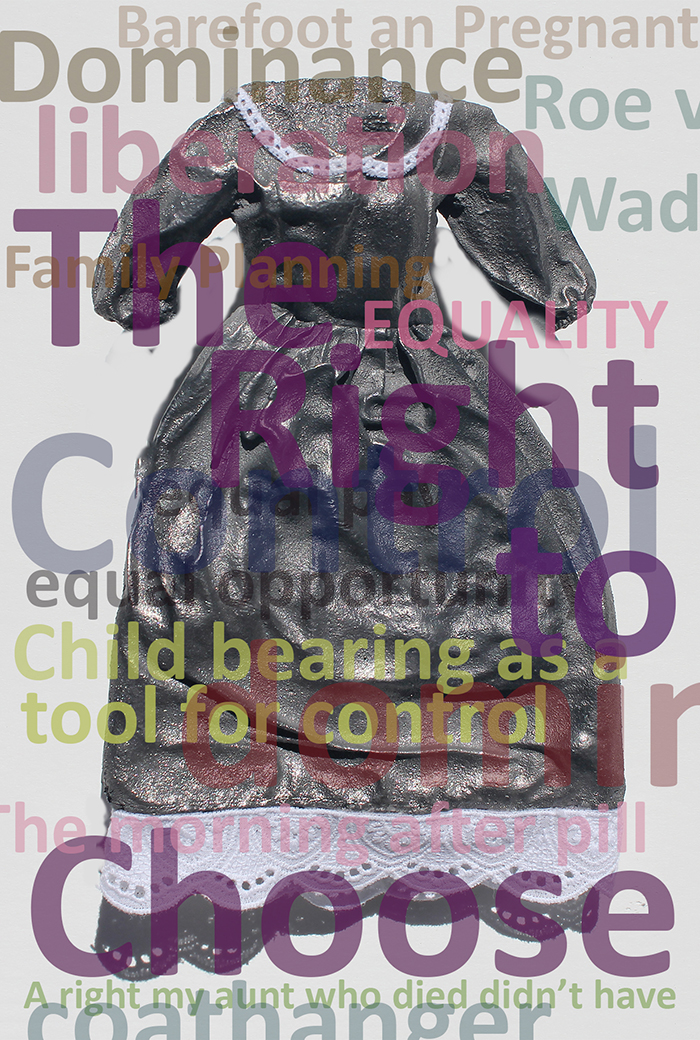My mother and two sisters had abortions, all under very different circumstances. My mother’s abortion was around 1936, when it was not legal anywhere in the country. So she went to a clinic where women stayed for a few days. The week after her stay, the police raided the facility and arrested all the women and healthcare workers.
By 1970, when my older sister had an abortion, the circumstances were different, even though abortion was still illegal. She could get the procedure done in a hospital because it was allowable for women if having a child would jeopardize their physical or mental health. My parents were friends with psychiatrists who attested that my sister had mental health issues making her an unfit mother. Was this true? I don’t know, but my parents got the doctor to make such a statement. My sister would have carried the child to term if we had not been white and middle-class.
After Roe v. Wade, my other sister had two abortions. I know very little about her procedures. I didn’t live near my family anymore. I know she had the first one because the man didn’t want to have anything to do with having children. By this time, abortions were available, particularly near urban centers in the northeast and mid-Atlantic states.
Now women in states where abortion is banned will have to face hardships similar to my mother’s in 1936. Women without means will have to carry the child to term, setting her up for poverty. Forcing a woman to carry an unwanted child is a travesty.
While abortion continues to be illegal in Kentucky, I am grateful that the voters refused to enshrine this pan in their constitution.
–Sarah Schneiderman


